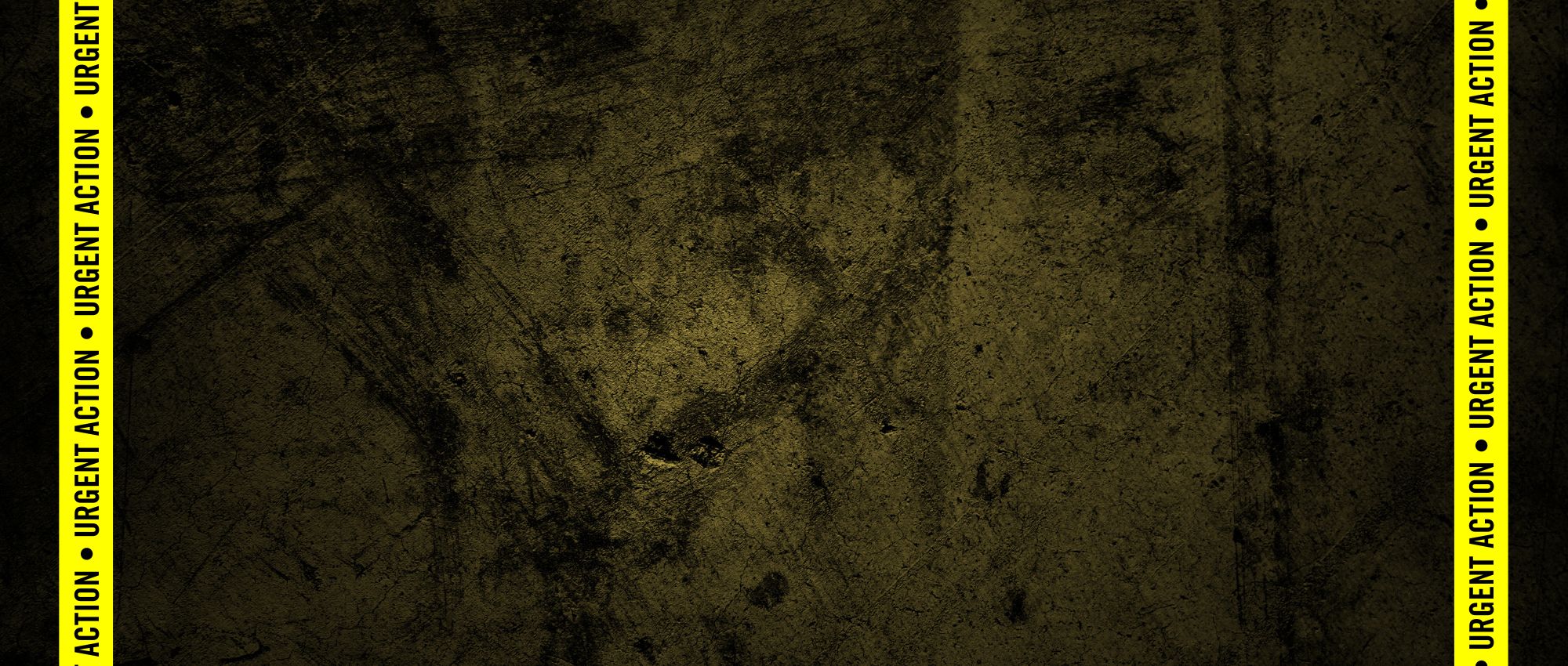DOWNLOAD A PDF OF UA 30/22, UPDATE 1 BELOW
On 10 May, the Qatari Criminal Court of First Instance convicted and sentenced brothers and lawyers Hazza and Rashed bin Ali Abu Shurayda al-Marri to life in prison on charges including contesting laws ratified by the Emir and organizing unauthorized public meetings. Alongside them, two other men were handed life and 15-year prison sentences in absentia. Their convictions and sentences must be quashed and the two lawyers immediately released.
The four members of the Al Murra tribe were sentenced following a trial marred by a number of due process violations. The charges included “contesting and refusing laws and decisions ratified by the Emir”, “resorting to threats and social media to urge the Emir to carry out work within his legal specialty”, “undertaking actions which would compromise the independence of the state”, “convening and organizing a public meeting without authorization”, and “violating societal values and principles” online and using social media. These charges relate to speeches and poetry they made or published online that were critical of a recently adopted electoral law that is discriminatory to members of al-Marri tribe, as they were calling for equal rights to political participation.
Protests erupted near Doha in August 2021 after the Qatar’s Emir ratified a law paving the way for the first legislative elections of the Shura Council, which discriminates against members of the Al Murra tribe by excluding thousands of them from voting or running in the election.
Hazza bin Ali Abu Shurayda al-Marri was arrested at his home on 8 August 2021 after taking part in the protests and tweeting a video-recorded message addressed to the Emir criticizing the law. His brother Rashed bin Ali Abu Shurayda al-Marri was arrested on 11 August 2021 after attempting to legally represent his brother. Both men were held in solitary confinement until at least the end of March 2022, during which time they were interrogated by the State Security Prosecution without their lawyers. Their trial was held behind closed doors. Their lawyers were only allowed to peruse the case files and not given copies to prepare their defense. The two men have the right to appeal their sentencing.
Write to the Minister of Justice urging him to:
- quash the convictions and sentences against the four men and to immediately release Hazza bin Ali Abu Shurayda al-Marri and Rashed bin Ali Abu Shurayda al-Marri as they have been imprisoned solely for the peaceful exercise of their right to freedom of expression and peaceful assembly
- pending their release, they must have regular access to their family and to their lawyers, and any medical attention they may require.
Write to:
H.E. Masoud bin Mohamed al-Ameri
Ministry of Justice
PO Box 917
Doha
State of Qatar
Fax: 011 97440215372
Email: info@moj.gov.qa
Twitter: @mojgovqa
Salutation: Your Excellency:
And copy:
His Excellency Khalid Rashid S. H. AL-Mansouri
Ambassador designate
Embassy of the State of Qatar
150 Metcalfe Street, 8th Floor and 12th floor
Ottawa, ON K2P 1P1
Fax: 613 241 3304
Email: Ottawa@mofa.gov.qa
Additional information
The two other Qatari men tried in absentia are poets Mohammed Hamad Mohammed Ftais al-Marri who was sentenced to a 15-year prison term, and Mohammed Rashed Hassan Nasser al-Ajami, also known as Ibn al-Dheeb, who received a life sentence. The latter is a former prisoner on whose behalf Amnesty International had campaigned.
On 29 July 2021, the Emir ratified Law No. (6) of 2021 regarding the procedures for the election of the Shura Council. The election plans were first approved when the permanent written constitution was adopted following a 2003 referendum. The new electoral law divides Qatari nationals into three categories: 1) Citizens aged 18 and over, and whose grandfather was born in Qatar, can vote in districts in which their tribe or family reside. They can also register their candidature for the Shura Council as long as they are aged 30 or over. 2) Citizens who have acquired the Qatari nationality – provided that their grandfather is Qatari and born in Qatar, can vote in districts in which their tribe or family reside. They cannot register their candidature for the Shura Council 3) Naturalized Qatari citizens do not have the right to vote nor to be candidates for the Shura Council.
Protests of tribal members affected by the exclusion, mainly from the Al Murra tribe, erupted near Doha around 7 August 2021. On 8 August 2021, the Ministry of Interior stated that seven men were arrested and referred to the Public Prosecution, accused of “using social media to spread false news and stir up racial and tribal strife”.
On 11 August 2021, following talks between the tribes’ elders and the authorities, further protests were called off. Al Murra members said that the Emir had promised to consider protesters’ demands.
Arrests continued to take place throughout August and September 2021. Many were released upon signing a pledge, promising not to speak out about their detention and to stop criticizing the new law or calling for their rights. Hazza and Rashed bin Ali Abu Shurayda al-Marri refused to sign the pledge.
The Al Murra tribe is one of the largest tribes in eastern Saudi Arabia and Qatar. Its members have long faced severe discrimination and been deprived from access to education, employment, and health care. In 2004 and 2005 the entire Ghufran clan, a branch of the Al Murra tribe, were stripped of citizenship, accused of holding Saudi nationality in secret (Qatar does not recognize dual nationality), after some of its senior members were accused of involvement in a counter-coup after Sheikh Hamad – the current Emir’s father – deposed his father in a bloodless coup in 1995. Over 5,000 people were affected, but the measure was eventually reversed for all but a small number believed to have been directly involved in the plot.
<><><><><><>
If you want Updates on this case, send your request to urgentaction@amnesty.ca with “Keep me updated on UA 30/22” in the subject line.
<><><><><><>




























